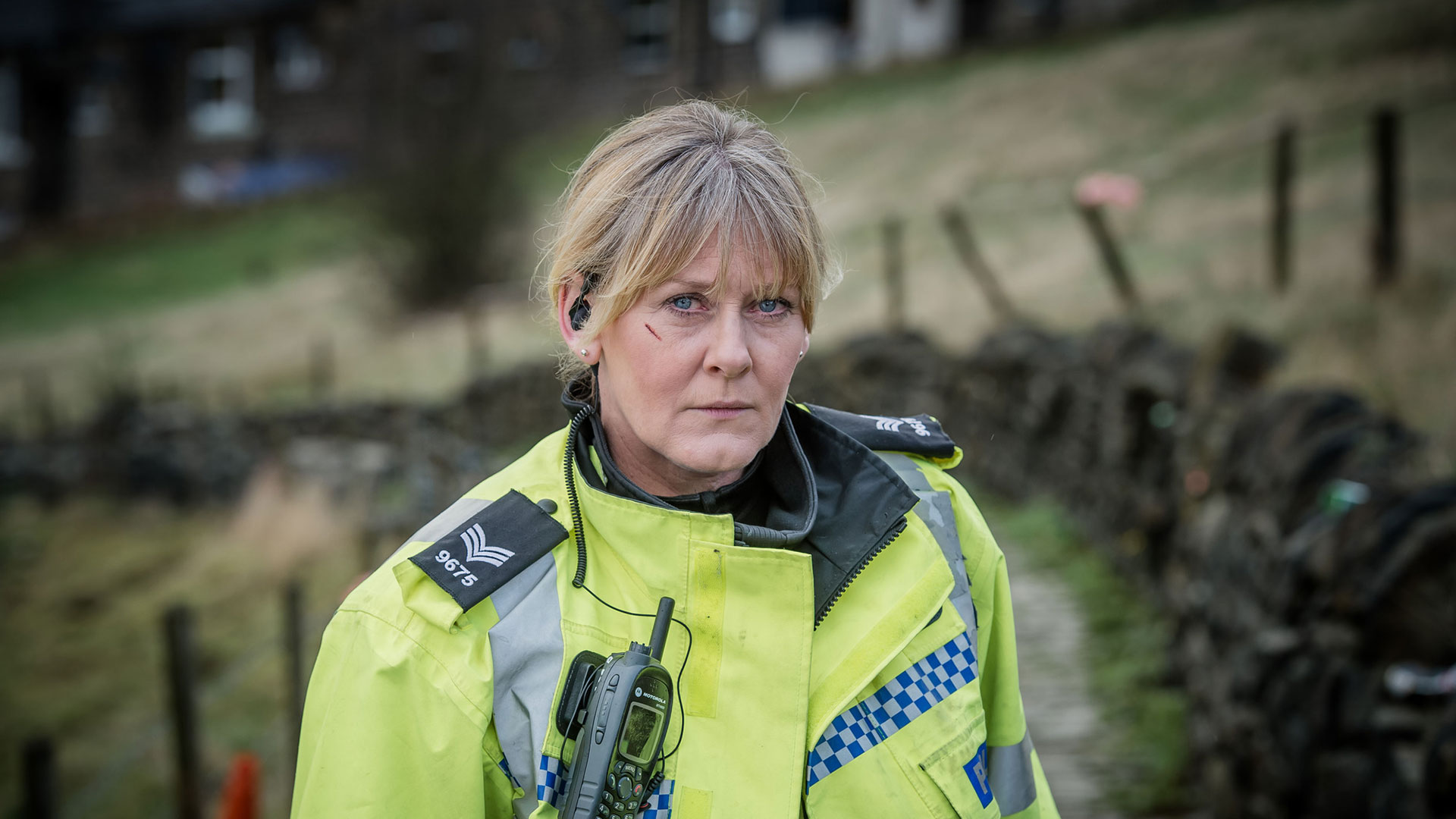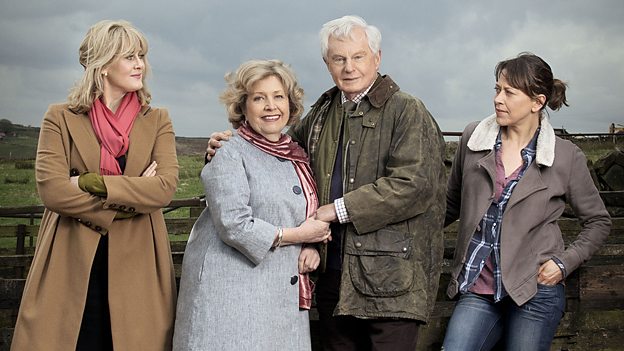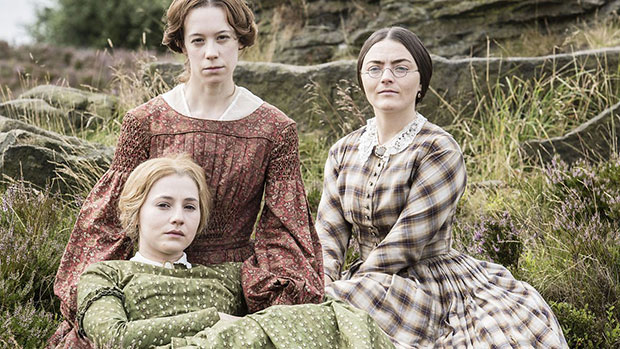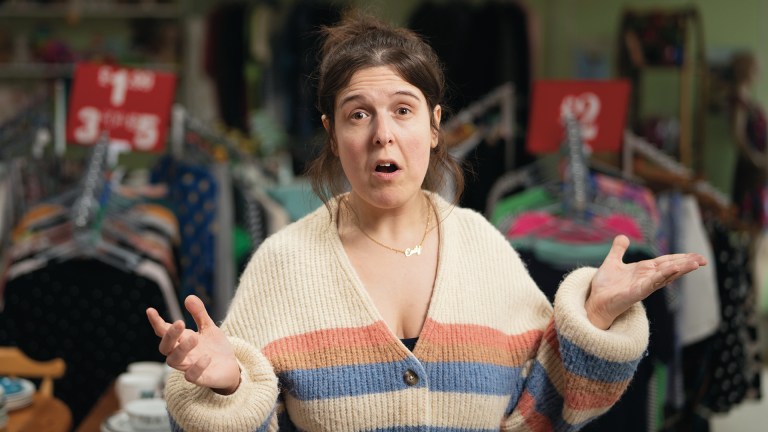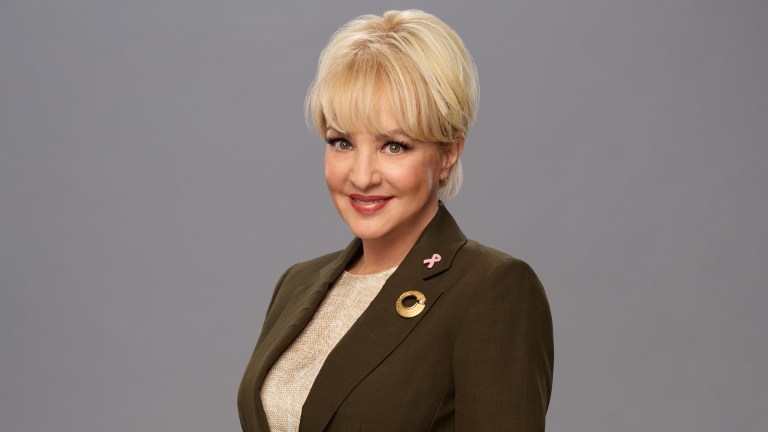Sally Wainwright is on a hot streak. Her recent creations – Bafta-winning Happy Valley and Last Tango in Halifax, and before that Scott and Bailey – have changed the face and the sound of British television via hugely popular, critically acclaimed, powerful, funny dramas with women at the heart of the stories. Revolutionary? It shouldn’t be. Yet she has effected deep-rooted change without an explicitly feminist agenda, never resorting to caricatures of ‘strong women’.
While these recent successes have cemented her reputation as a formidable creative force, she has been working changes in a 30-year career that began on The Archers, featured a long stint on Coronation Street in the mid-1990s, and gathered pace on At Home With The Braithwaites in the early 2000s.
When she sits down with The Big Issue, Wainwright expresses surprise at being feted for writing female leads with depth. Suggest that magic happens when she writes for Sarah Lancashire (above and below), Happy Valley’s Catherine Cawood – one of the most compelling characters to hit the small screen in years – and her response is as unassuming as the blunt daughters of West Yorkshire she creates. “I think it is just good casting,” she says. Wainwright is in a league of her own. So when the BBC wanted someone to write a one-off drama marking the 200th anniversary of Charlotte Brontë’s birth, there was only one name on the list.
The lead character in most TV dramas are men by a ratio of about two to one
The Big Issue: Recent research found that even when films have female protagonists, more lines are delivered by men. Are you conscious of the need to challenge this? Sally Wainwright: It is shocking, isn’t it? We think we are beyond that but we are not. The lead character in most TV dramas are men by a ratio of about two to one; we’ve still never had a black woman playing the lead on TV in a mainstream drama. I just write about what I want to write about. But it has been a bit of a shock just how much I’ve been praised for writing interesting, complex women, how that’s regarded as being a bit of a novelty. I didn’t notice until people pointed it out.
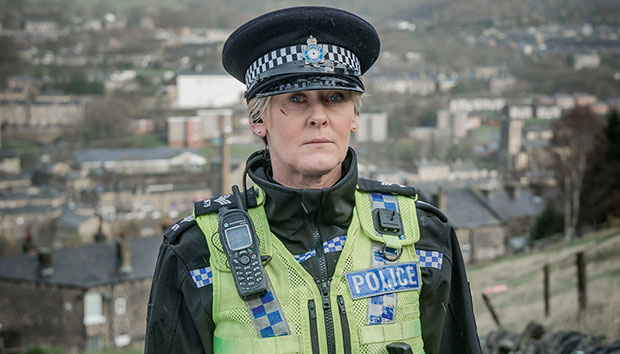
Where do you find your heroes? They are often people I want to be. They are my fantasy heroes – Catherine Cawood is someone I would like to be. But then they have to be grounded as well, they can’t just be great, they have to be complex, to have flaws. They have to have a dark side. One of the things I really loved about Happy Valley was that Tommy [James Norton] was the baddie but he had some redeeming qualities. And Catherine has a lot of bad qualities.
People treated me very differently when I was thinner to when I was fat
In To Walk Invisible (below) Emily Brontë says: “When a man writes something it is what is written that is judged. When a woman writes something, it is her that is judged.” It was something my police adviser on Scott and Bailey, Diane Taylor, said to me. She was a really accomplished detective, working predominantly on murder cases, and said when a man stands up to give a speech, people listen to what he has got to say and decide whether he knows what he is talking about. But when a woman stands up, they decide on whether to listen based on what she looks like. It is just true. I have encountered this. I lost a lot of weight once. People treated me very differently when I was thinner to when I was fat.
